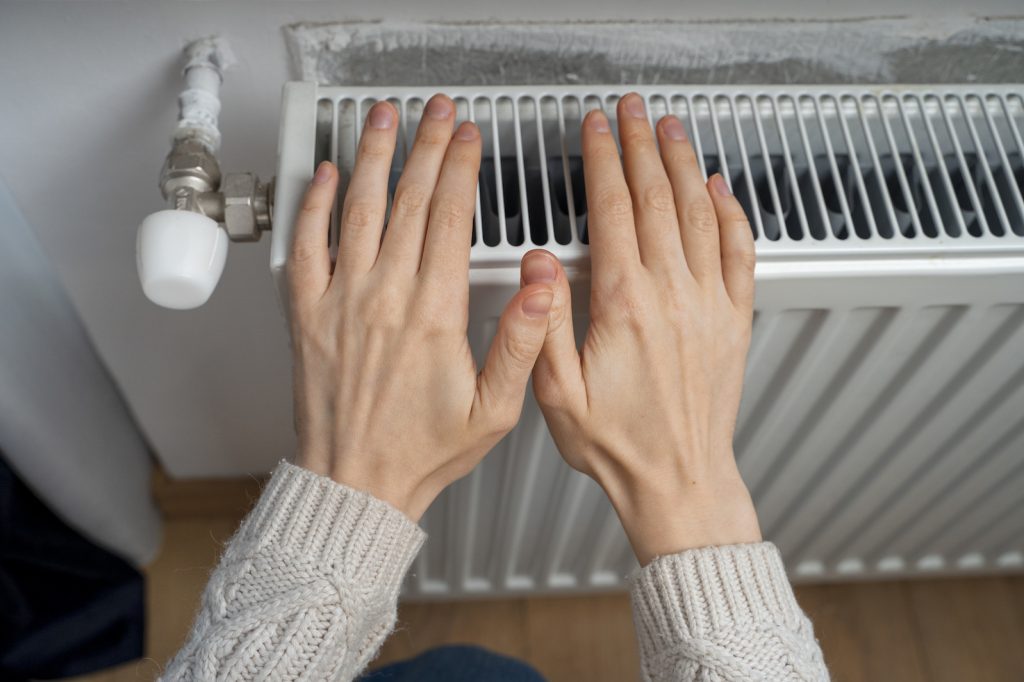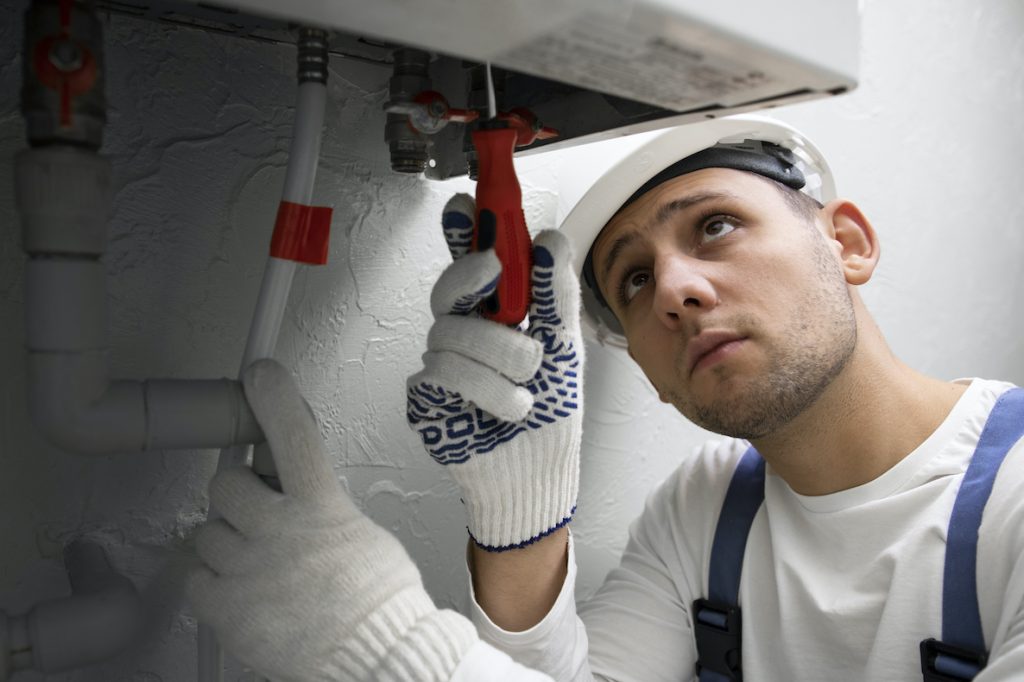Your domestic boiler is one of the most important systems in your home, and it’s also one that we leave it to its own devices the majority of the time and trust it to function correctly. But when your boiler is under-performing or broken it can throw your household into chaos.
Boiler mishaps can happen during any point in the year and it’s best to be aware of the symptoms of problems and how to identify them.
In this blog, we’ve compiled several handy hints to steer you in the right direction if you’re experiencing problems with your boiler or your central heating system.
It is important to note that when dealing with appliances such as boilers and heating systems, your safety is of paramount concern and you shouldn’t carry out work on gas appliances yourself, always contact a Gas Safe Registered engineer for assistance.
Perhaps the bottom or middle of your radiator unit is a noticeably different temperature? Or it doesn’t heat evenly? Or there are cold spots? These are all classic signs of boiler problems and one of the easiest ways to identify heating complications and boiler problems.
These symptoms are usually produced by a build-up of rust, lime scale or sludge and will require a power flush service to fix. Although it is a simple procedure, it will require the help of a professional engineer to complete.

This could be a sign of low water pressure, the pump not circulating properly, an issue with your thermostat or a closed valve causing lack of water flow.
If you continue to have boiler problems by switching itself off, you should contact a Gas Safe Engineer to help you to sort the problem out.
An extinguished pilot could be down to something as simple as a strong draught blowing it out, a build-up of residue on the light itself or a broken thermocouple – a sensor used to measure temperature, which is more concerning.
You can attempt to relight the pilot light yourself by carefully following the manufacturer’s instructions and if this still doesn’t ignite the pilot light, seek further help from an engineer.

A low pressure boiler usually means that there is a leak somewhere in your system. Check all of the valves on your radiators to ensure none of them are leaking or dripping. If they are, tighten them accordingly.
Alternatively, bleeding your radiators can be the cause of low pressure. If you find that the pressure has dropped in the wake of bleeding, this can be rectified by topping up the water levels in the filling loop.
But it could also mean that the pressure relief valve needs replacing.
If these measures still don’t solve the problem, it’s time to contact a certified engineer.
Probably the easiest problem to initially detect and the most fundamental of boiler problems, but it is also one of the most difficult to diagnose due to its wide variety of elements.
In more recent years, modern boilers often display an error code on their front panel which allows you to look it up in the user manual or seek advice online.
Potential causes include broken diaphragms and airlocks, failure of motorised valves, issues with the thermostat or low water levels.
Contact a professional for proper diagnosis and expert advice.

Abnormal whirling and gurgling sounds coming from your systems is usually the product of trapped air, and this is easily rectified by bleeding your radiators to let the trapped air out.
But as stated earlier, bleeding radiators may cause low pressure in your system.
If you’re instead hearing a rumbling noise, this may be the cause of kettling. Kettling is when lime scale builds up on your boilers heat exchange and restricts the flow of water.
Seek advice from a professional about kettling.
If any of these boiler and heating system issues continue to persist then it might be time to invest in a new replacement boiler. Our top tips for selecting a new boiler can be found here.
After all, your boiler is the central nervous system in your home and you should always keep an eye out for any of these common boiler problems.
If you feel like your boiler is not functioning as well as it should be or just have an inkling that something isn’t right, it is better to be safe than sorry. An annual service of your boiler can help to spot any problems quickly and keep your system in top working order.
You should always seek advice from a professional – and make sure they’re Gas Safe registered at all times.